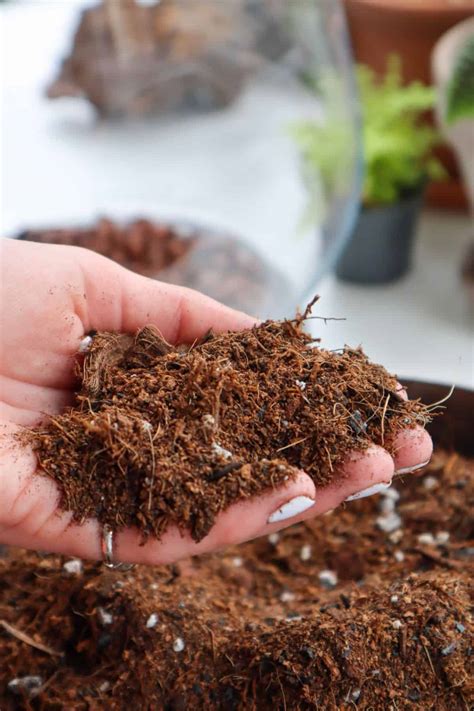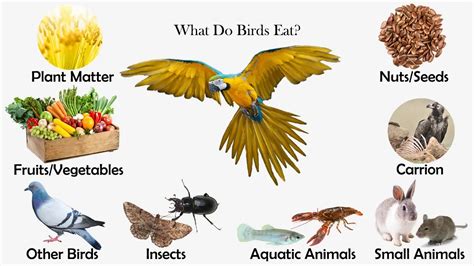Introduction
As our feathered companions age, their nutritional needs evolve. Just like humans, senior birds require a diet tailored to their unique physiological changes to maintain their health and well-being. This article delves into the essential aspects of bird food and nutrition for seniors, ensuring your beloved birds thrive throughout their golden years.

Understanding Senior Bird Physiology
With advancing age, birds undergo several physiological changes that impact their nutritional requirements:
- Decreased Metabolism: Senior birds have a slower metabolism, requiring fewer calories than their younger counterparts.
- Reduced Activity: As birds age, they become less active, leading to a decline in energy expenditure.
- Altered Digestive System: The digestive tract of senior birds may become less efficient, affecting nutrient absorption.
- Weakened Immune System: The immune system of senior birds can weaken, making them more susceptible to infections and diseases.
Nutritional Needs of Senior Birds
To address these physiological changes, senior birds require a diet that:
1. Provides Adequate Nutrition: The diet should contain a balanced mix of proteins, carbohydrates, fats, vitamins, and minerals.
2. Is Low in Calories: Senior birds need fewer calories than younger birds to maintain a healthy weight.
3. Is Easily Digestible: The diet should contain foods that are easy to digest and absorb to prevent digestive issues.
4. Supports Immune System: The diet should include foods rich in antioxidants and nutrients that boost the immune system.
Recommended Diet for Senior Birds
The ideal diet for senior birds typically includes a combination of the following:
1. High-Quality Pellets: Senior bird pellets are specially formulated to meet the nutritional needs of older birds. They provide a balanced diet and are easy to digest.
2. Fresh Fruits and Vegetables: Fruits and vegetables offer a variety of vitamins, minerals, and antioxidants.
3. Cooked Beans and Legumes: Beans and legumes are good sources of protein and fiber.
4. Nut Butter: Nut butters provide healthy fats and essential nutrients.
5. Egg Whites: Egg whites are a great source of protein.
Common Nutritional Deficiencies in Senior Birds
Senior birds may be at risk for certain nutritional deficiencies, including:
- Vitamin A Deficiency: Vitamin A is essential for healthy vision and immunity.
- Calcium Deficiency: Calcium is crucial for bone health and can be difficult for senior birds to absorb.
- Vitamin D Deficiency: Vitamin D helps the body absorb calcium and is important for bone health.
- Iodine Deficiency: Iodine is essential for thyroid function and metabolism.
Supplements for Senior Birds
In some cases, senior birds may need dietary supplements to address specific nutritional deficiencies or health conditions. It is important to consult with a veterinarian before giving your bird any supplements.
1. Vitamin A Supplement: If your bird is at risk for Vitamin A deficiency, a veterinarian may recommend a supplement.
2. Calcium Supplement: Senior birds may benefit from a calcium supplement to ensure adequate calcium intake.
3. Vitamin D3 Supplement: Vitamin D3 supplements can help birds absorb calcium more effectively.
4. Iodine Supplement: An iodine supplement may be necessary if your bird has a thyroid condition.
Tips and Tricks for Feeding Senior Birds
- Offer smaller, more frequent meals throughout the day to aid digestion.
- Chop or grind foods to make them easier to eat.
- Warm up food slightly to enhance its aroma and stimulate appetite.
- Provide fresh water at all times.
- Monitor your bird’s weight regularly to ensure they are maintaining a healthy weight.
Reviews
“I have noticed a significant improvement in my senior bird’s health since switching to a diet tailored for his age. He is more active, has a healthier weight, and his feathers are more vibrant.” – John Smith, Bird Owner
“My veterinarian recommended a calcium supplement for my elderly bird, and it has made a huge difference. She is now able to move around more easily and has stronger bones.” – Mary Jones, Bird Owner
“I appreciate the tips on feeding senior birds. The smaller, frequent meals and warmed-up food have helped my bird eat more and maintain a healthy weight.” – William Brown, Bird Owner
“The information on nutritional deficiencies in senior birds was very helpful. I will be monitoring my bird’s diet more closely to ensure he is getting the nutrients he needs.” – Barbara Johnson, Bird Owner
Conclusion
Providing proper nutrition is crucial for the health and well-being of senior birds. By understanding their unique nutritional needs and adapting their diet accordingly, you can help your feathered companion live a long, healthy, and happy life. Remember to consult with a veterinarian to ensure your bird’s nutritional needs are met throughout its golden years.





















